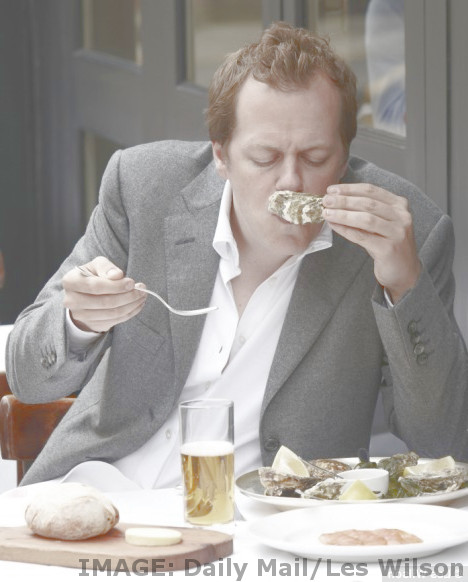'Biological clock' ticks for men too
 Men appear to be susceptible to the ‘biological clock’ too.
Men appear to be susceptible to the ‘biological clock’ too.
A new study has found that a couple’s chances of having a baby fall with the man’s age.
Researchers at the Harvard Medical School studied records of nearly 19,000 IVF treatment cycles between 2000 and 2014, dividing women into four age bands: under 30, 30-35 year-olds, 35-40 year-olds, and 40-42 year-olds. Men were divided into the same age brackets, with an extra band for over 42 years old.
Women in the oldest age bracket had the lowest birth rates, and researchers say that for these women, the male partner’s age did not have an impact.
The study found that for women aged under 30 with a male partner aged 30 to 35, there was a 73 per cent chance of a live birth after IVF. However, that success rate fell to 46 per cent when the man was aged 40 to 42.
Male age did not have a significant impact on birth rate when the man’s partner was the same age, but women did appear to benefit from being with younger men.
Women aged 35-40 who partnered with men aged 30-35 had a 54 per cent chance of having a baby through IVF, but that figure rose to 70 per cent when the man was under 30.
The researchers say they are not entirely sure why male fertility decreases with age.
Women’s store of eggs accumulate mutations as they age, causing the abnormalities that are linked with infertility in older women. In men, ageing affects sperm quality, making pregnancy less likely and increasing the risk of miscarriage.
“Declining sperm quality certainly plays some role, but our work shows that this is not the whole picture,” Harvard researcher Laura Dodge said.
“We found similar results among couples with no documented male infertility, so something else is happening.”
The full study will be reported at the European Society of Human Reproduction and Embryology meeting in Geneva this week.








 Print
Print